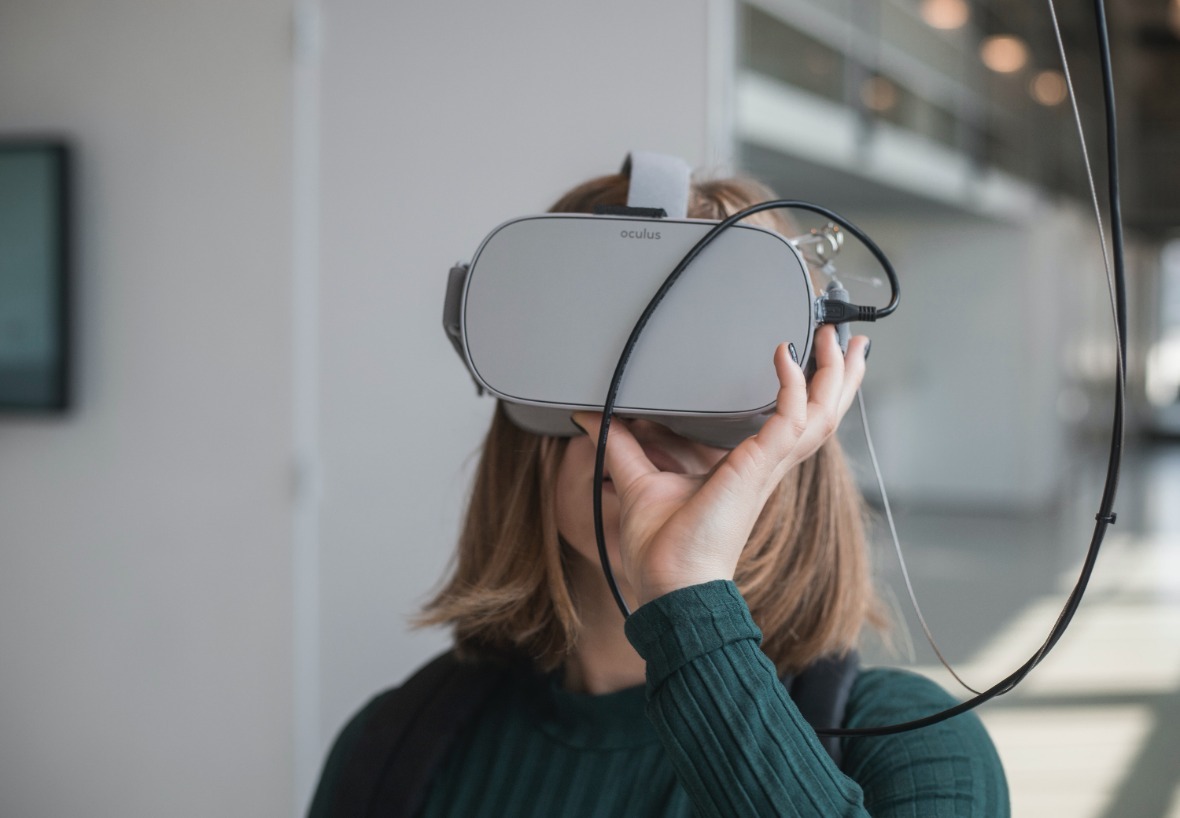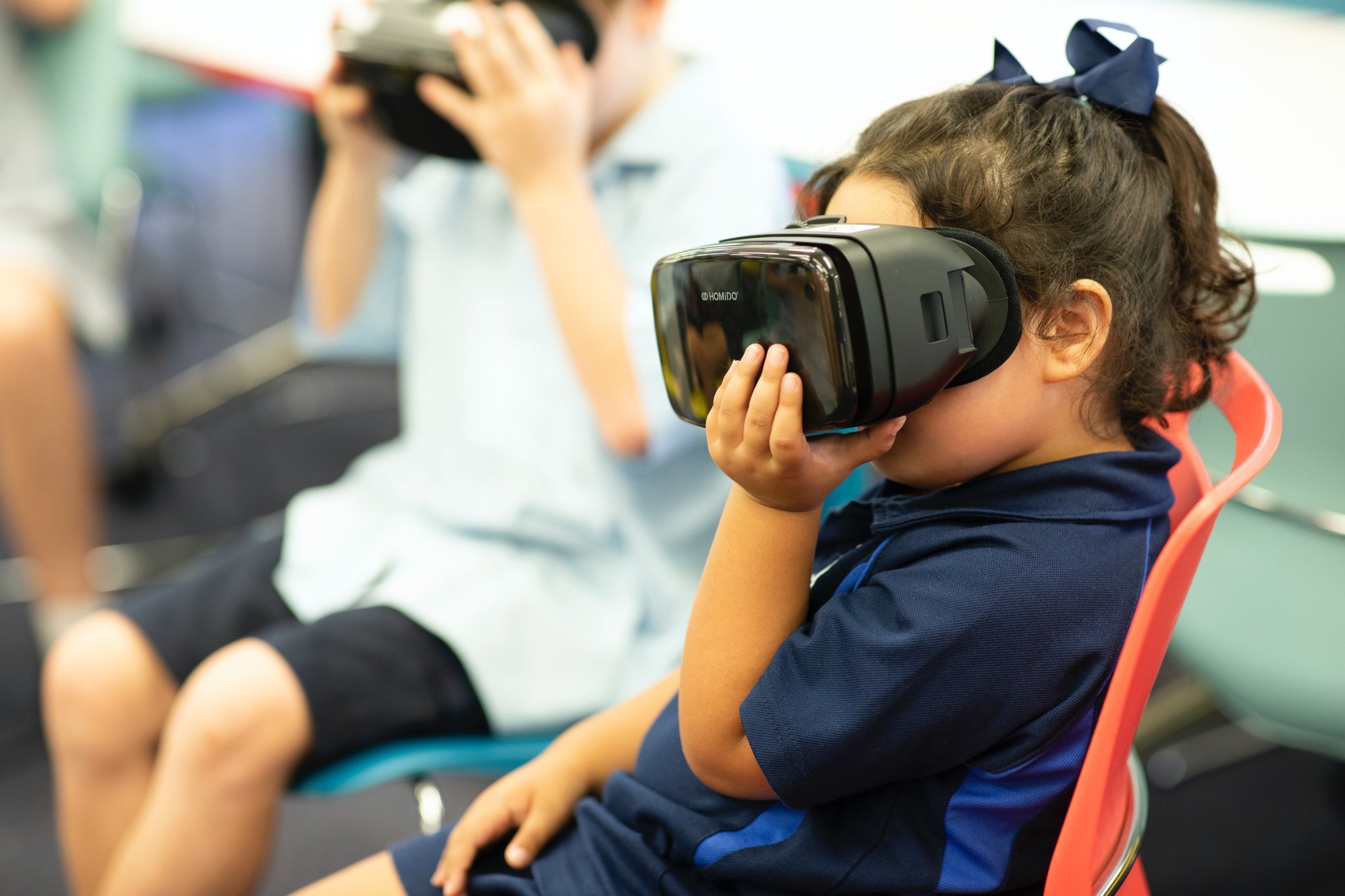Blogs
How do phones with thermal cameras work?
How do phones with thermal cameras work?
Virtual reality (VR) is a technology that enables users to immerse themselves in a computer-generated, three-dimensional environment that simulates the real world or an entirely fictional one. It typically involves the use of a VR headset or goggles that provide a visual and often auditory experience, while some advanced systems also incorporate haptic feedback to engage other senses like touch.
In summary, virtual reality is important to humans because it offers a wide range of applications and benefits, including enhanced learning experiences, therapeutic applications, entertainment, improved collaboration, and the ability to explore new frontiers and simulations that were previously inaccessible. It has the potential to revolutionize various industries and the way we interact with digital content and the real world.


Architectural Visualisation
Architects and designers can use VR to create immersive 3D models of their projects, allowing clients to explore and understand architectural designs in a lifelike manner. This aids in better decision-making and design refinement.
Enhanced Learning and Training
One of the most crucial applications of VR is in education and training. It allows individuals to learn in highly interactive, risk-free environments. For example, medical students can practice surgeries, astronauts can simulate space missions, and soldiers can train for combat situations—all without real-world consequences. This immersive learning can significantly accelerate the acquisition of skills and knowledge.
Virtual reality offers the ability to explore new and exotic places, both on Earth and in imaginary realms. It can be a powerful tool for armchair travelers, giving them the chance to experience locations and adventures they might never have in reality.

Conclusion
In conclusion, virtual reality is important to humans because it has the potential to transform various aspects of our lives, from education and entertainment to healthcare and social interaction. It offers immersive, interactive experiences that have the capacity to revolutionize the way we learn, work, and connect with others. As technology continues to advance, VR’s impact on society is likely to grow, and its importance to humanity will continue to evolve and expand.